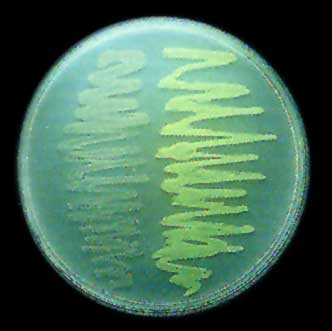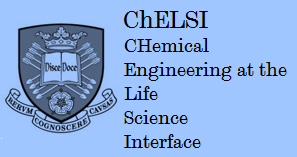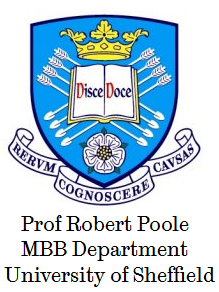Team:University of Sheffield
From 2008.igem.org
(→On a Mission for Fluorescence...) |
|||
| Line 1: | Line 1: | ||
<!-- No table of contents please, this is our homepage. --> | <!-- No table of contents please, this is our homepage. --> | ||
| - | |||
<!-- If you are creating a new page, start cutting here --> | <!-- If you are creating a new page, start cutting here --> | ||
[[Image:UniShefBanner.jpg|center]] | [[Image:UniShefBanner.jpg|center]] | ||
| Line 15: | Line 14: | ||
<!-- and finish cutting here! --> | <!-- and finish cutting here! --> | ||
| - | + | __NOTOC__ | |
=On a Mission for Fluorescence...= | =On a Mission for Fluorescence...= | ||
[[image:GFP_E.coli.jpg|175px|right|E.coli transformed with GFP plasmid.]] | [[image:GFP_E.coli.jpg|175px|right|E.coli transformed with GFP plasmid.]] | ||
Revision as of 22:58, 27 October 2008
| Introduction | Our project | Modelling | Wet Lab | Our team | Miscellaneous |
|---|
On a Mission for Fluorescence...
Expression of non-native receptor proteins in bacteria often involves extensive genetic modifications that can be difficult to carry out. One way of addressing this problem involves creating a fusion receptor protein consisting of the sensing part from the foreign species and the signal transmitting part native to the organism in which receptor is to be expressed. The fusion receptor we have designed consists of Vibrio Cholerae's sensing module fused to E.coli's signal conveyer. The receiver part of the receptor should bind to signaling molecules excreted by V.cholera and pass it downstream through signal transmitter to DNA. The expression of a reporter molecule will indicate water contamination. As a result, the fusion receptor could be utilised as the basis for a cheap water contamination sensor. Read more.
 "
"



